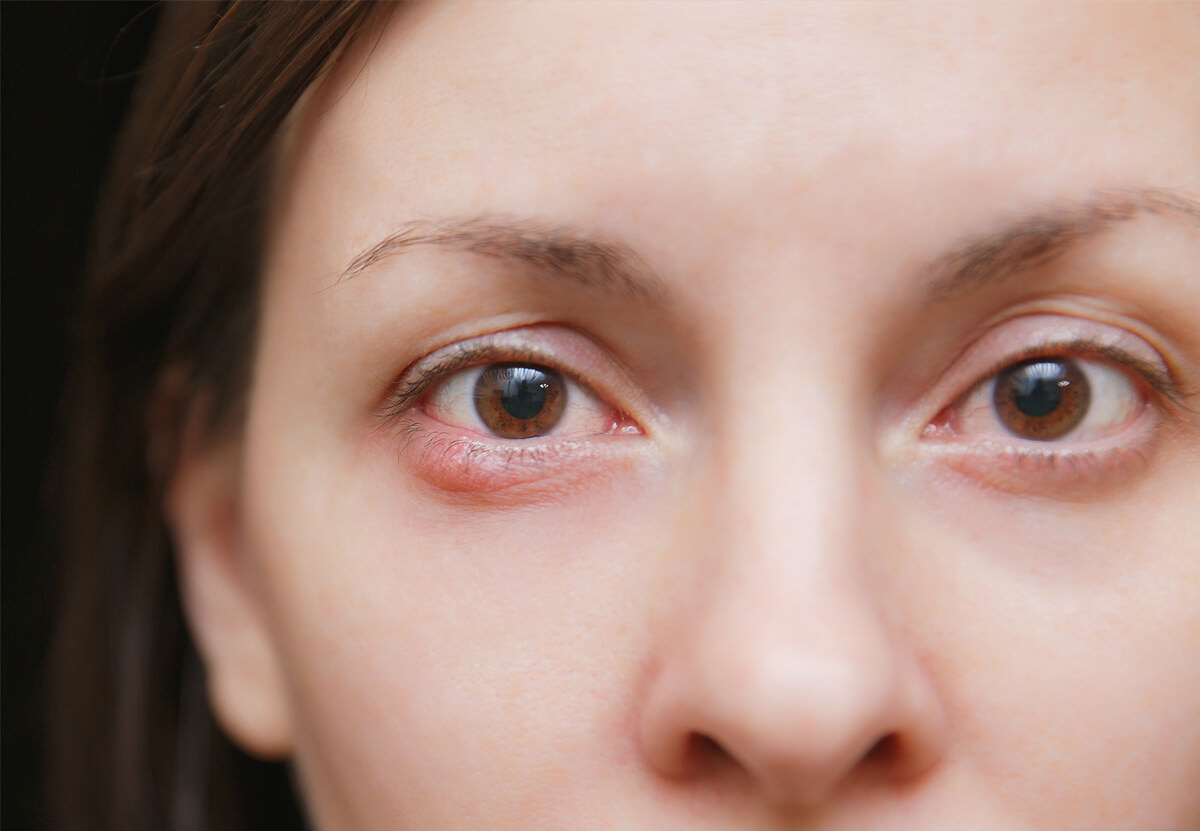What are
Ocular
Tumours?

Ocular tumours are tumours that grow inside the eye. They can be either malignant or benign. Tumours are masses that grow from groups of cells that grow and multiply abnormally. Ocular tumours can appear in the eyelid, in the orbit, or on the surface of the eye.
Thank you
We’ll get back to you soon.

What are the causes of Ocular Tumours?
Eye tumours are usually secondary tumours that are caused by cancers that have already developed in other parts of the body, particularly the lungs, breast and bowel. However, several types of cancer arise in the eye itself, such as squamous cell carcinoma, lymphoma, eye melanoma - the most common ocular cancer in adults - and retinoblastoma in children.
The cause of ocular tumours is often unclear. Some factors are believed to make the development of a tumour more likely. Eye melanoma, for example, is associated with overexposure to sunlight, unusually shaped moles, white skin and blue or grey eyes, and use of sunbeds with UV light.

What are the Symptoms of Eye Cancer?
Eye cancer can be easy to miss as sometimes there are not any obvious symptoms. It is often only be detected during a routine eye test.
Symptoms of ocular cancer include:
- 1. Blurred vision
- 2. Bulging in one eye
- 3. A visible lump in the eyelid or eye that grows
- 4. A dark patch in one eye
- 5. Partial loss of vision
- 6. Distorted vision sometimes with wavy lines, flashes of light or shadows
- 7. Pain in the eye or surrounding area
These symptoms in themselves can also indicate other eye condition so they do not necessarily indicate cancer. If you notice any unusual symptoms in your eyes, it is vital to make an appointment with an ophthalmologist as soon as possible.
Ocular Tumours F.A.Q's
How is eye cancer diagnosed?
An ophthalmologist - a doctor specialising in eyes - will examine your eyes and perform several tests. Eye drops may first be given to dilate the eyes.
A detailed eye examination will be performed to check for abnormalities. If a tumour is suspected, the ophthalmologist may carry out an ultrasound scan to find out more about the location and size of the tumour. Another diagnostic tool is fluorescein angiogram – which involves taking photographs of the suspected cancer using a camera after a dye is first injected into the bloodstream to enable the tumour to be highlighted. A thin needle may sometimes be used to extract a sample of cells from the tumour -this is known as a biopsy.
How is eye cancer treated?
The treatment method will vary depending on the type and size of the eye cancer. A range of treatments is often used and the patient will see a team of specialists.Successful treatments for eye cancer are:
- Laser therapy
- Radiation therapy
- Having an eye removed
- Surgery
Your ophthalmologist will talk to you about the possible treatment options for your condition.
How can you prevent eye cancer?
It is not yet known what causes most types of eye cancer so it is not possible to prevent them. However, some experts believe that wearing sunglasses when exposed to strong sunlight can reduce the risk of eye melanoma.
When is surgery needed for eye cancer?
Surgery is often considered a necessary treatment for eye cancer to prevent the patient's eyesight from deteriorating and from death. Eye cancer is rare but left untreated can be just as deadly as other more well-known types of cancer. Surgery involves the removal of the tumour and often some surrounding healthy tissue and is a common treatment of ocular melanoma. Eye surgery is usually carried out by an ophthalmologist.
Types of surgery include:
- Iridectomy: Removal of a section of the iris
- Iridocyclectomy: Removal of a section of the iris and ciliary body
- Sclerouvectomy: Surgery to remove the choroidal tumour while retaining the eye
- Enucleation: the complete removal of the eye
What does aftercare for eye cancer surgery involve?
Your ophthalmologist will advise you about the best aftercare after eye cancer surgery. Resting your eyes as much as possible, wearing sunglasses and taking eye drops are typical recommendations.
Thank you
We’ll get back to you soon.
What is the prognosis for eye cancer?
The outlook is good for people diagnosed with eye cancer with a 5-year survival rate of 80%. However, many factors can affect the outcome of eye cancer and early diagnosis and prompt treatment make a huge difference in long-term survival rates. To find out more about the treatment of eye cancer, get in touch with the Orbit Eye Hospital for the latest information.
